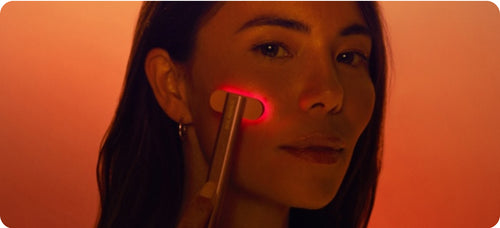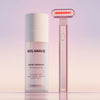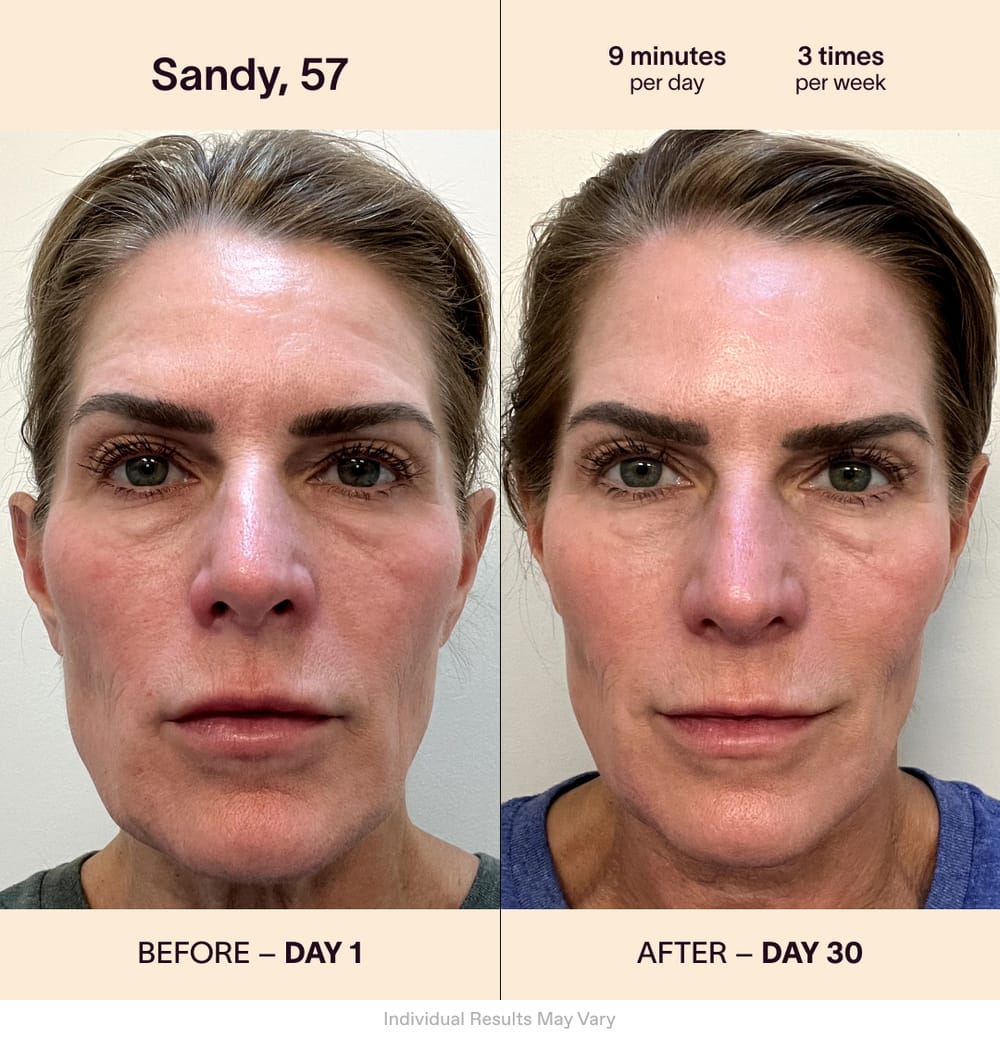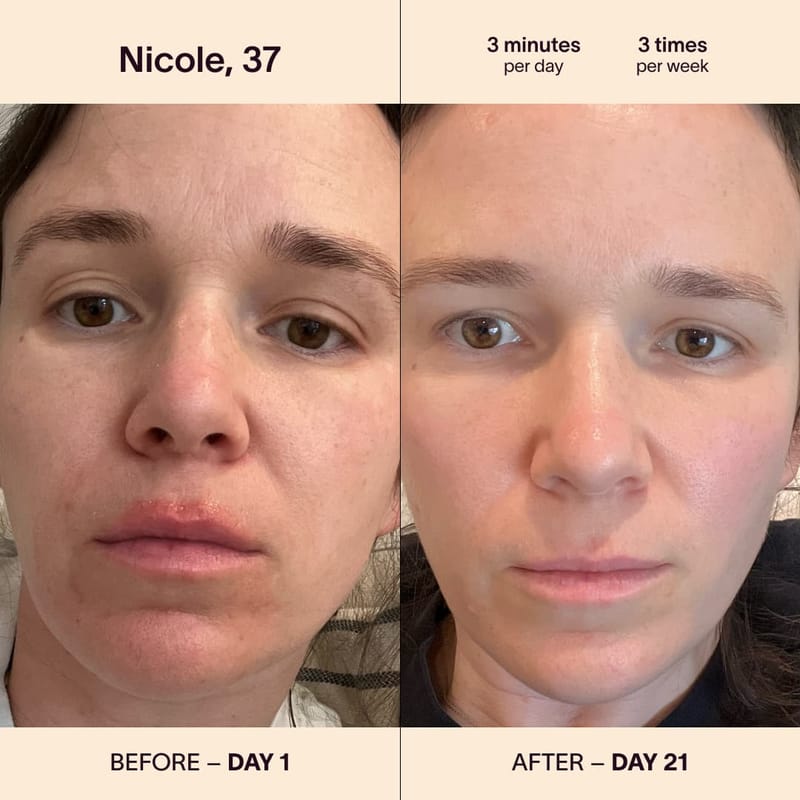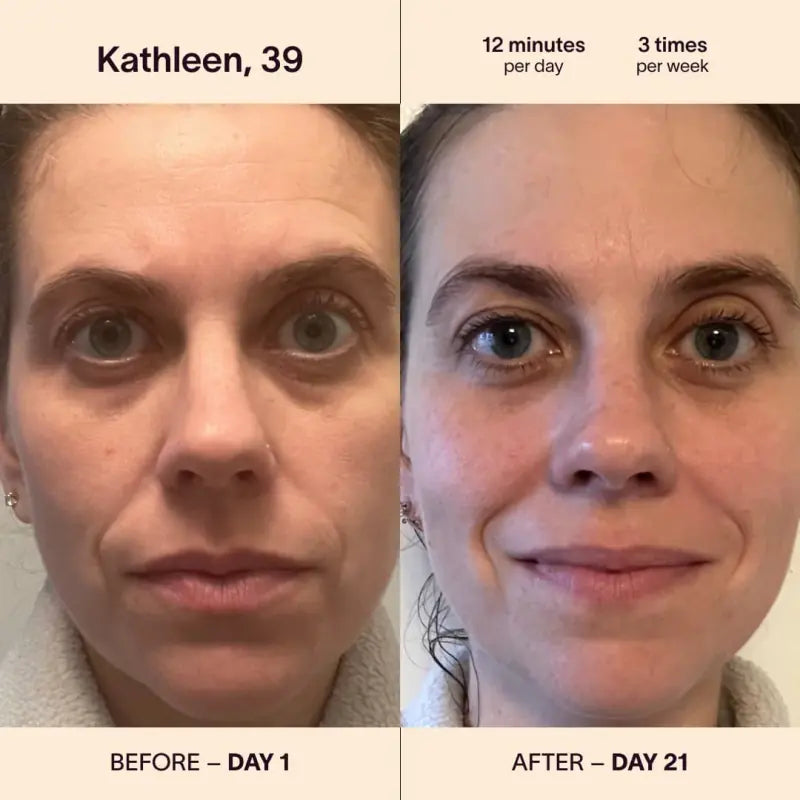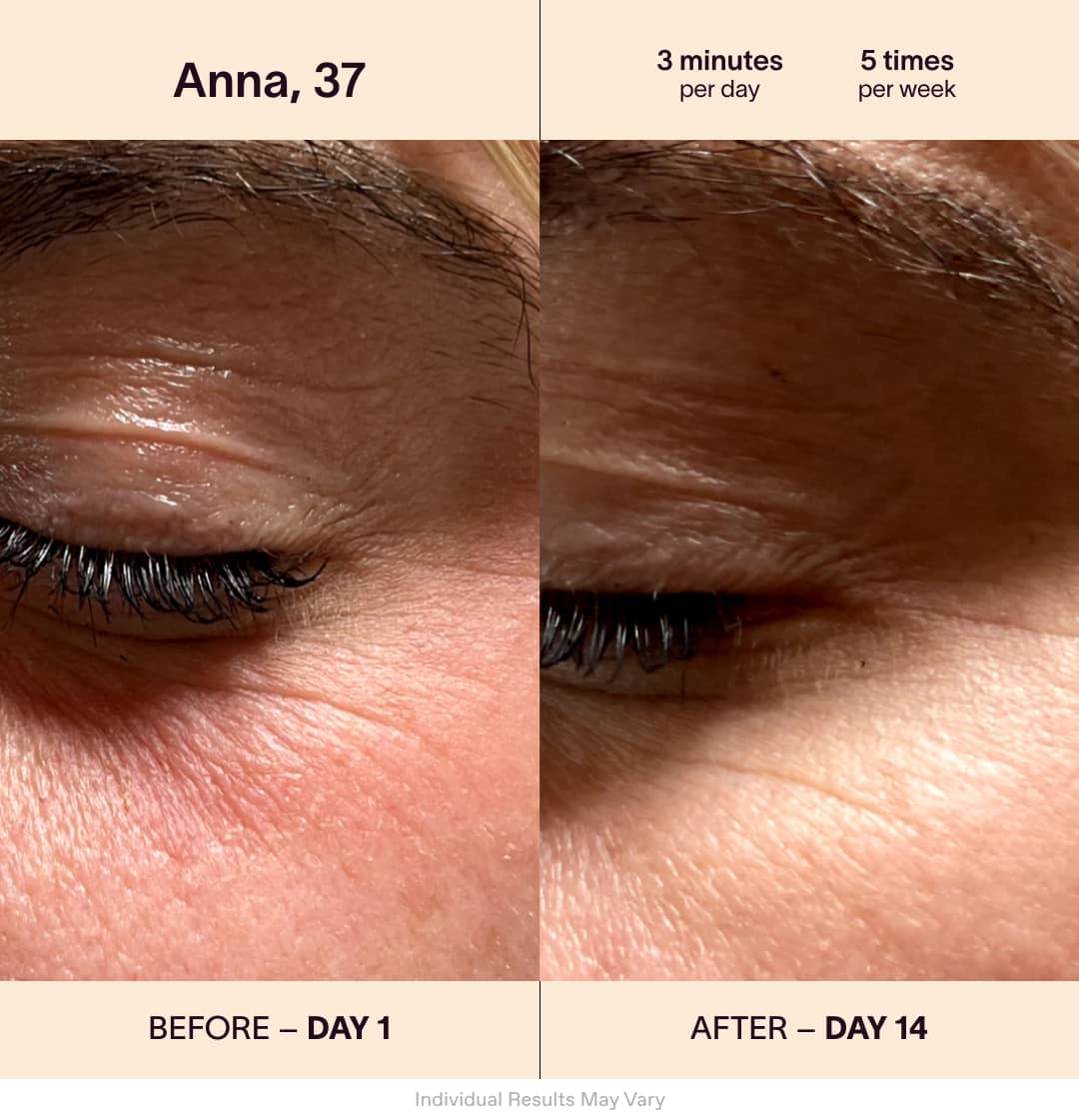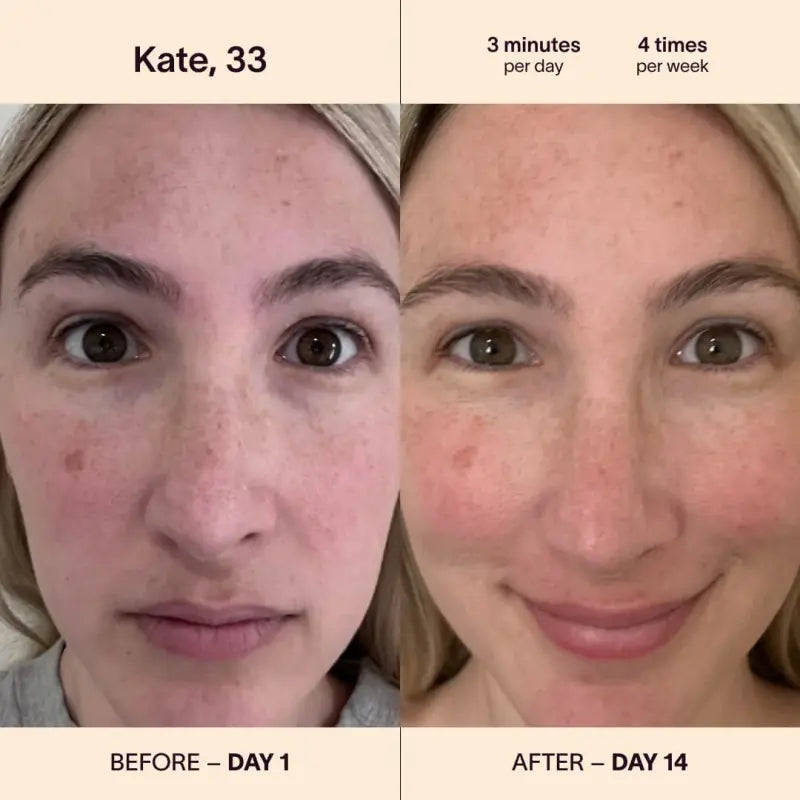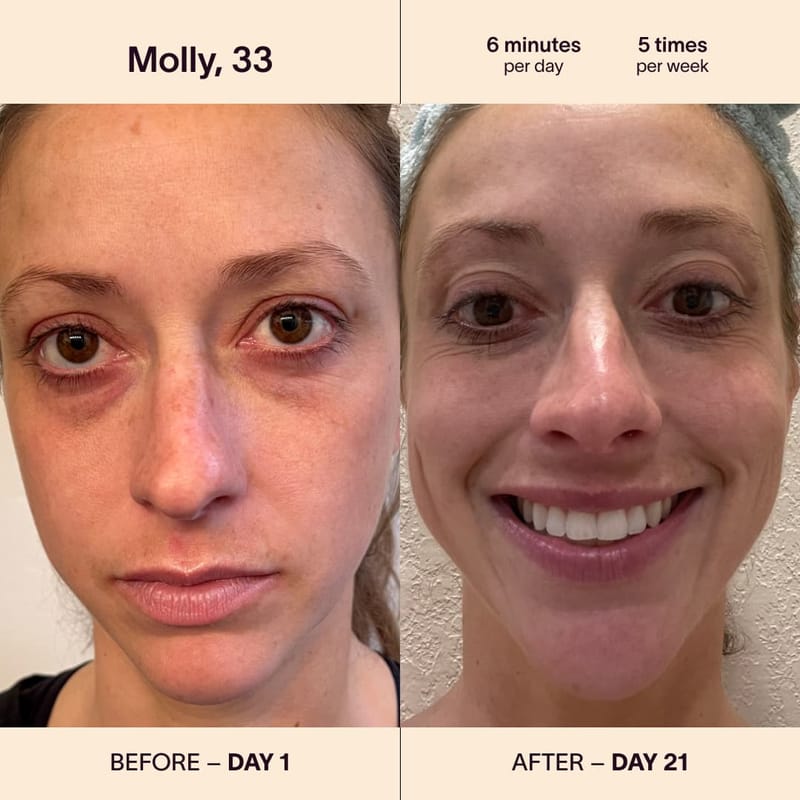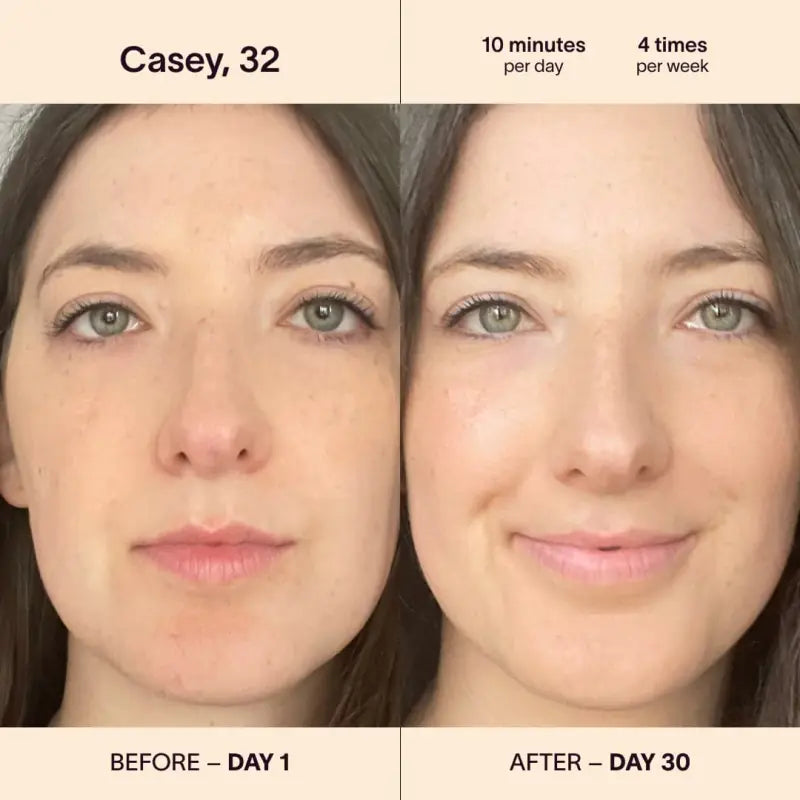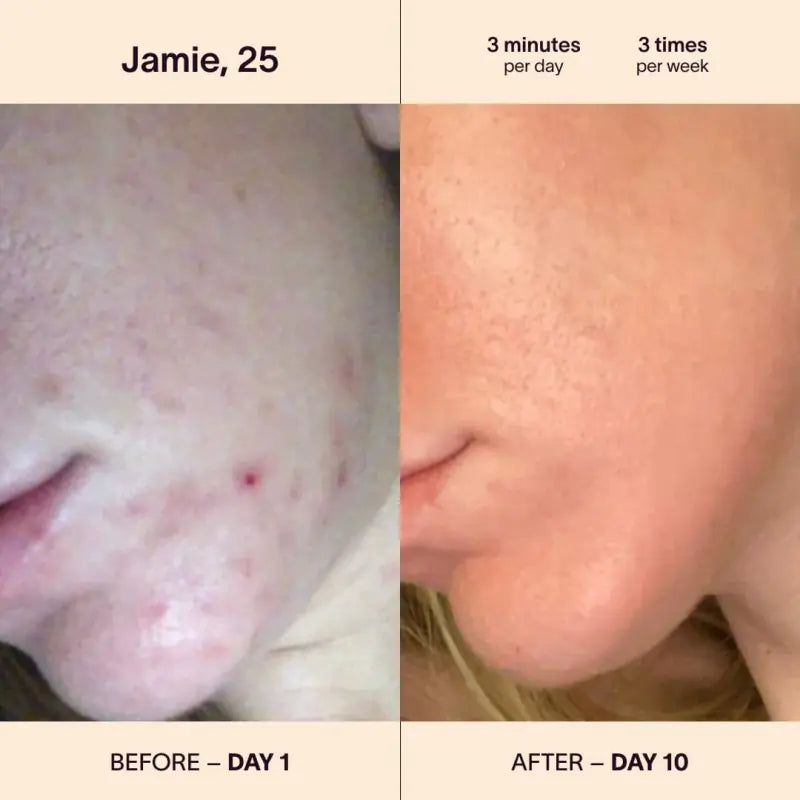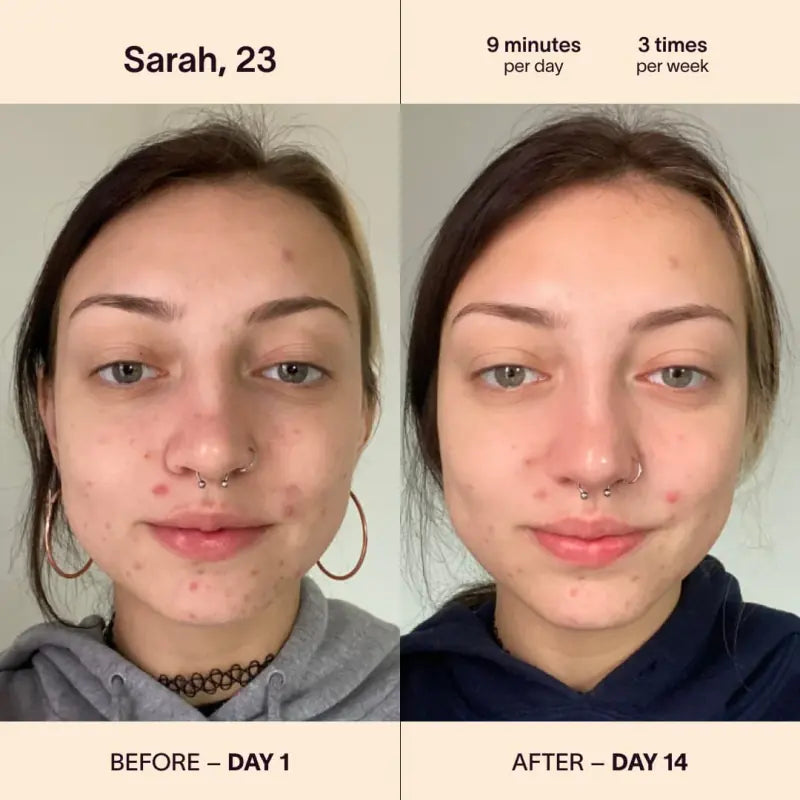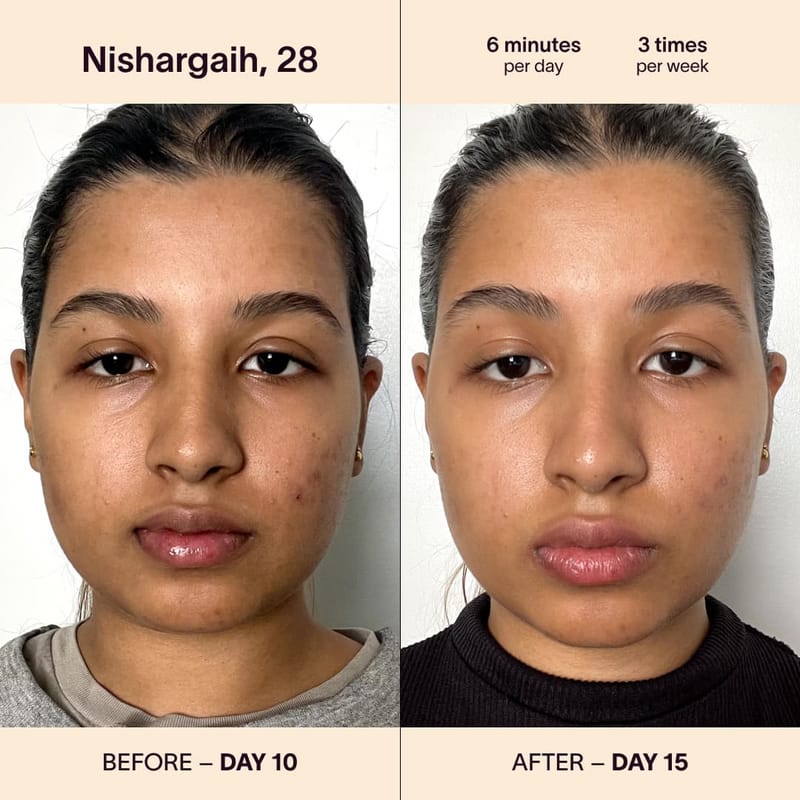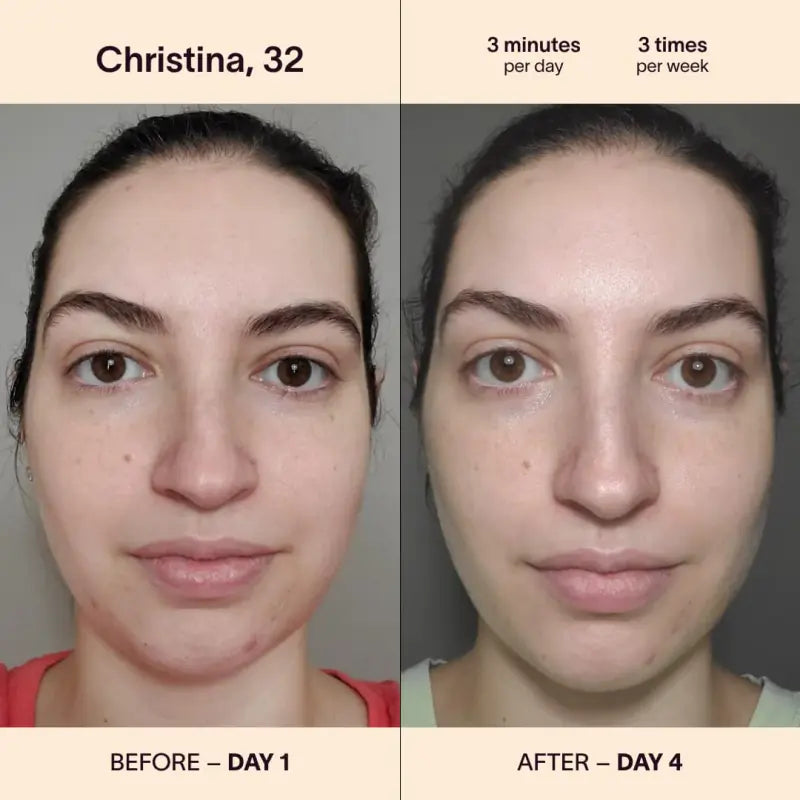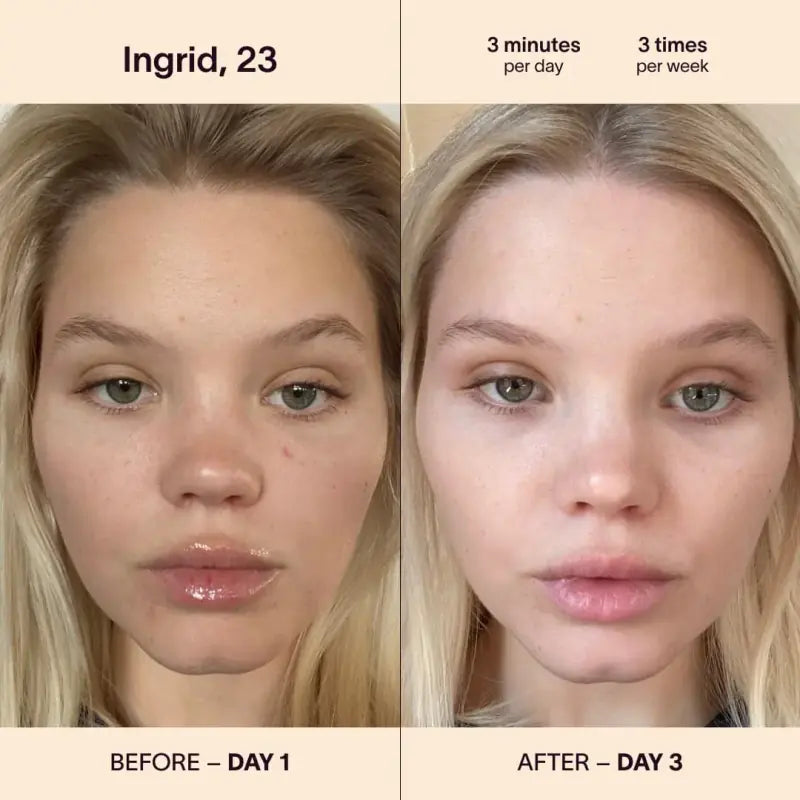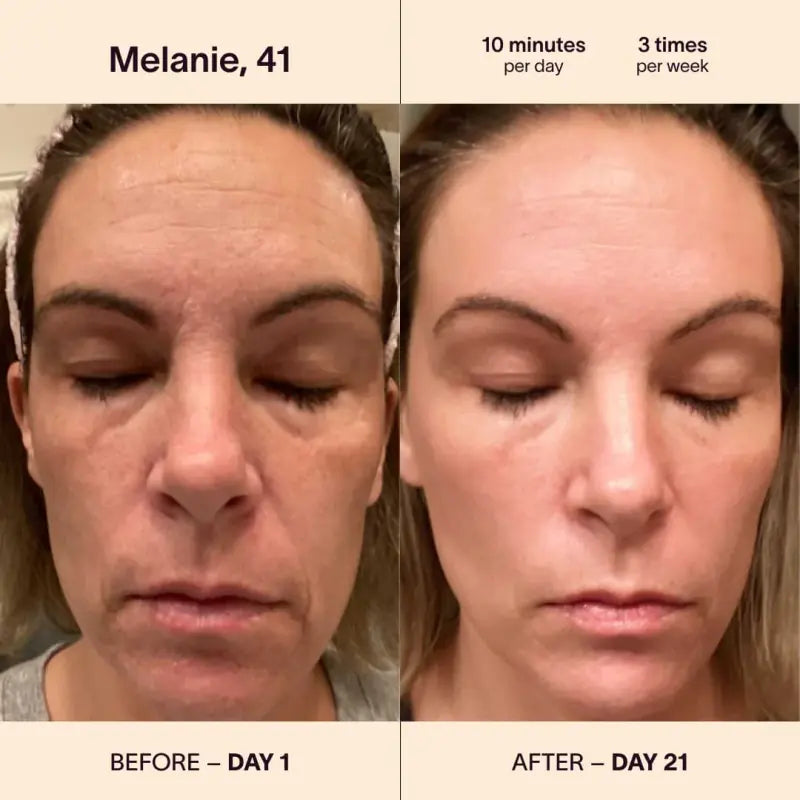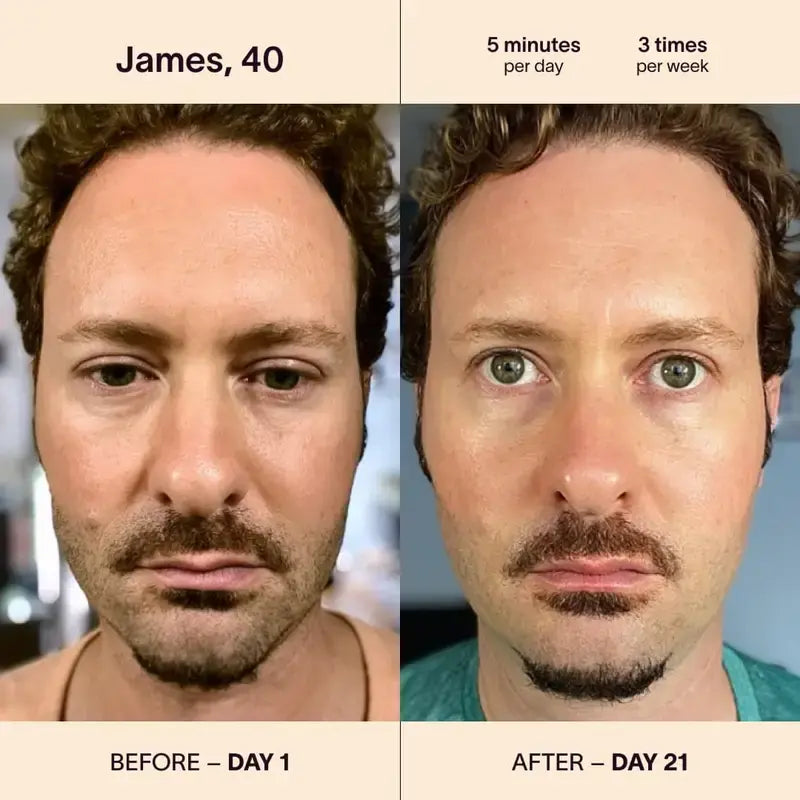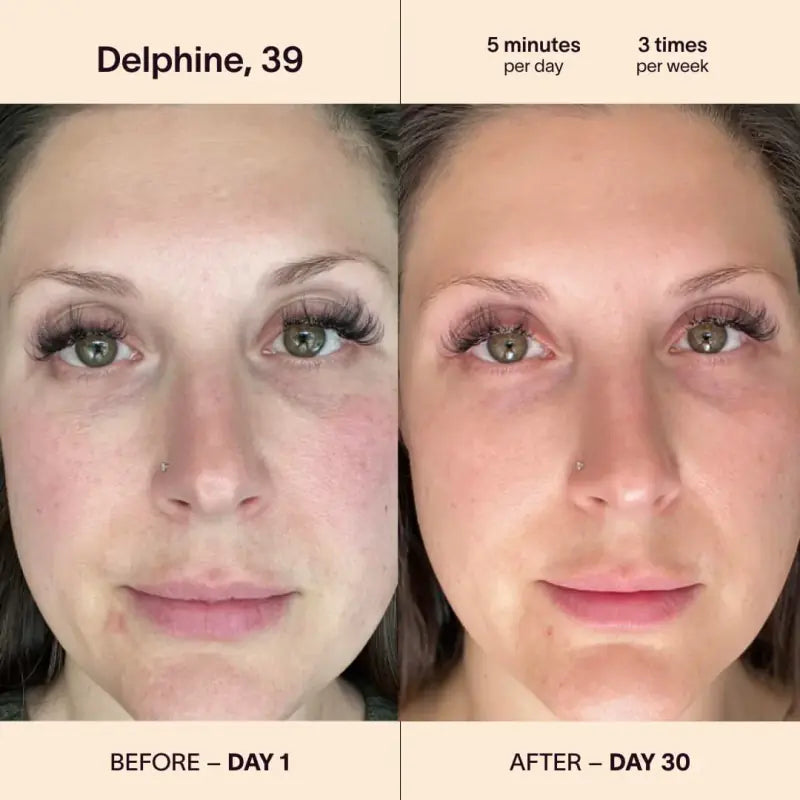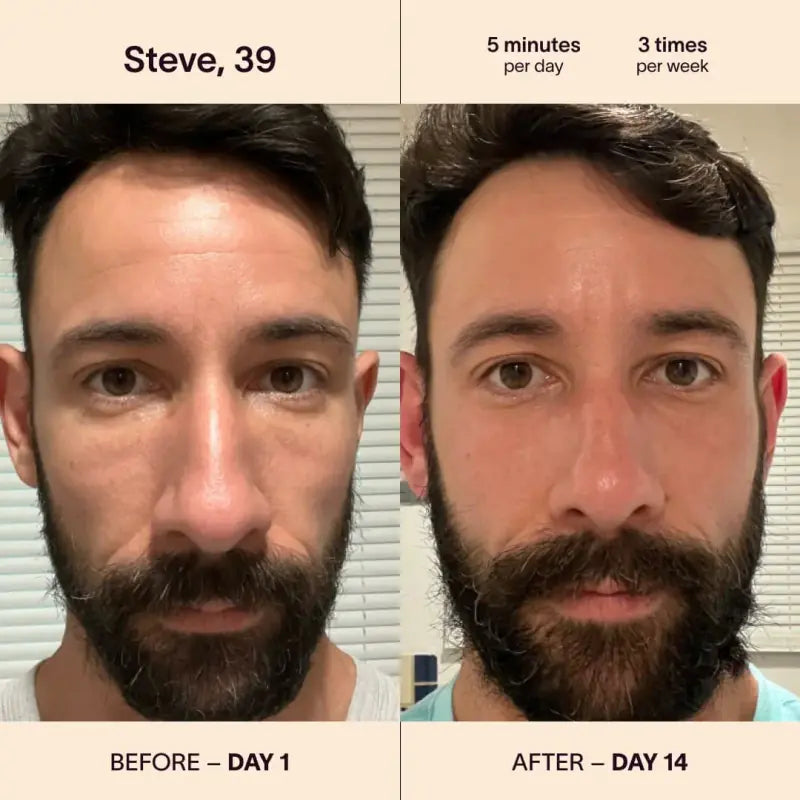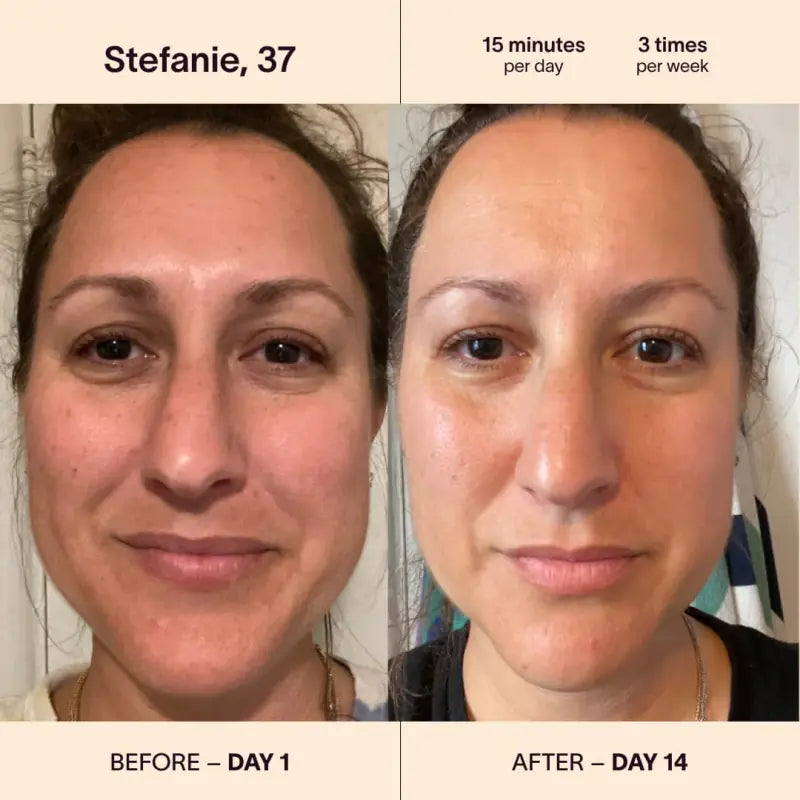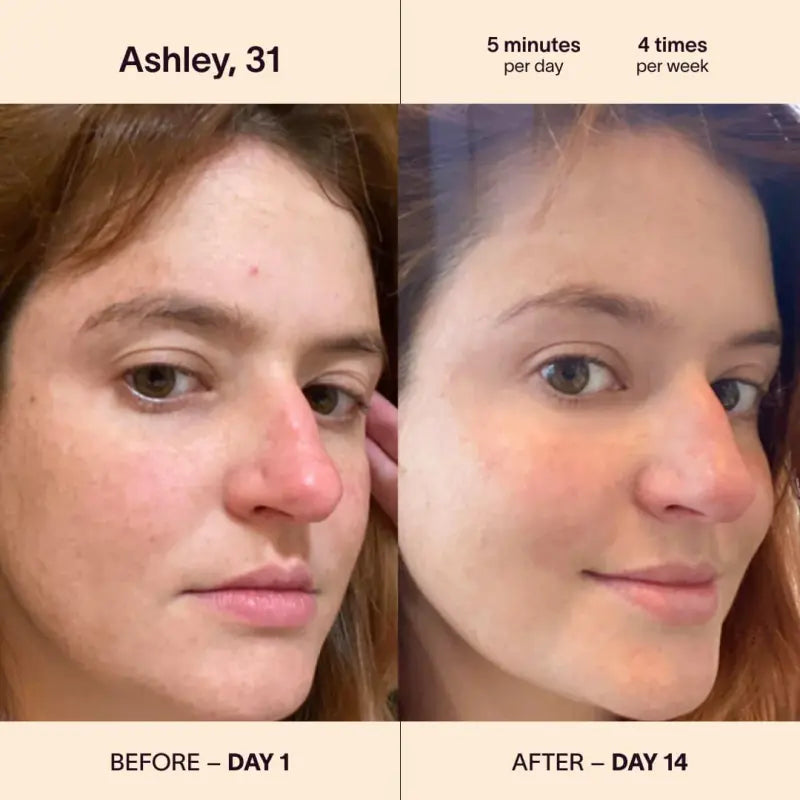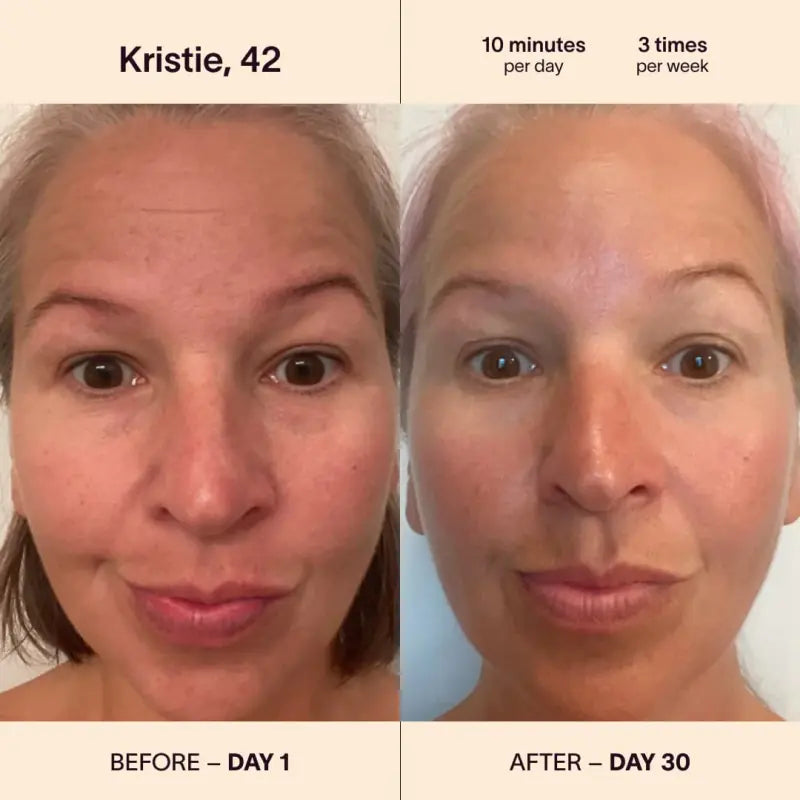Rosacea is a condition that causes redness and often small, red bumps on the face that can sometimes be mistaken for acne or other skin conditions. While for some it may be seasonal, struggling with rosacea and general facial redness can be incredibly frustrating and, at times, a lifelong struggle for those who suffer from it. Though there is no medical cure for rosacea, there have been many advancements in the treatment of the chronic symptoms of rosacea ranging from topical creams to address redness, antibiotics, acne medications, and, more recently, light therapy.
Studies show that light therapy may dramatically help reduce the appearance of facial redness, flushing, and telangiectasia (commonly known as spider veins) for those experiencing rosacea. There are various types of light therapy that have shown promising results in symptom reduction, including laser therapy (also called photodynamic therapy), red light LED therapy, red and blue light therapy, and intense pulsed light therapy (IPL). When light therapy is used to treat visible blood vessels, most patients saw a 50% to 75% reduction in visible blood vessels after just 1 to 3 treatments.
For light therapy to be successful, repeat treatments are generally required to maintain the improvement of the skin’s appearance. Side effects are usually minimal but have been known to include temporary redness, loss of skin color, and minor bruising.
More research is needed to determine how long light therapy treatments are effective for rosacea and redness, but most patients have reported positive results for 3 months and up to 2 years when using light therapy as a therapeutic remedy. As always, please talk to your dermatologist to create the best treatment plan that works for you.
